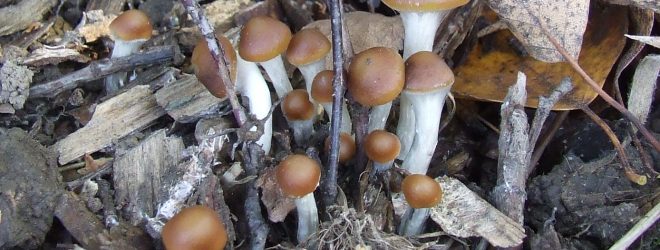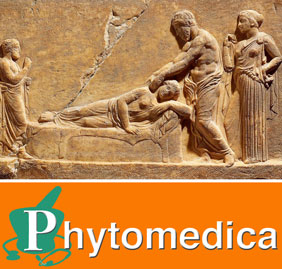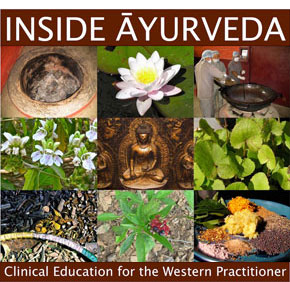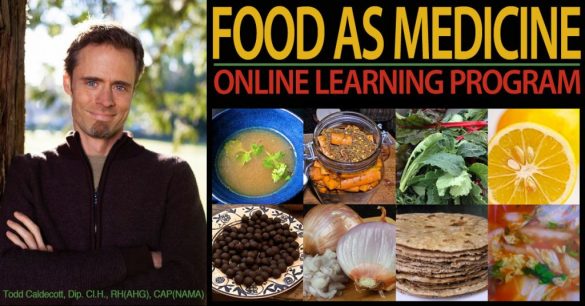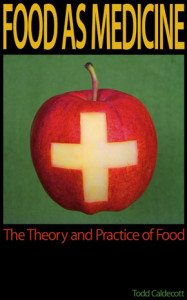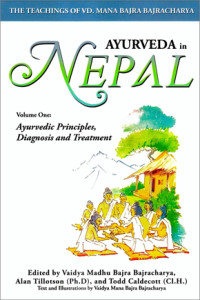Some of you that know me closely, or have been apprised of my personal situation over the last few months, know that the health of both of my parents underwent a sudden decline at the end of last summer. About three years ago my mother was diagnosed with ovarian cancer, but the cancer came back with a vengeance this fall, and just a couple weeks ago, she finally succumbed to the disease. To add to this complication, my step-father has late-stage Parkinson’s disease. Unfortunately, neither of them is particularly old: my mother died just before her 68th birthday, and my step-father is just 73. It has been an exceptionally challenging time for all involved. Layered into the situation is the reality of our family history, which to say the least, has been very painful. My mother met my biological father in 1968 when she was 20, and after a few weeks of dating my mother got pregnant. They weren’t in any sense a stable couple, and my mother after much deliberation decided to have an … [Read more...]
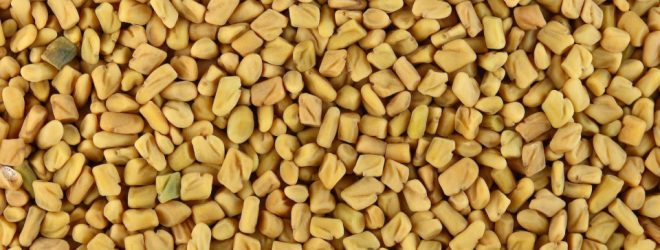
Fenugreek for blood sugar
A little while ago, I received this note from a colleague in India: "I happened to read about your new book Food as Medicine. In this regard I have some information to share with you. While I was in hospital it was observed that I had mild diabetes, with normal fasting blood sugar and slightly high post-prandial glucose. For 4 months I was taking one tablet of Glimulin® (glimepiride) a day. Thereafter, I stopped it and started taking one teaspoonful of fenugreek powder suspended in one glass of water twice day. My blood glucose is now totally under control. From a search in the internet I found that several papers have reported the anti-diabetic effect of fenugreek. It is harmless and very inexpensive. I trust this letter finds you and family in the best of health." Fenugreek is a herb I have been using to control blood sugar in metabolic syndrome and diabetes for a number of years now, often in combination with other herbs for diabetes, including Gurmar (Gymnema sylvestre), … [Read more...]
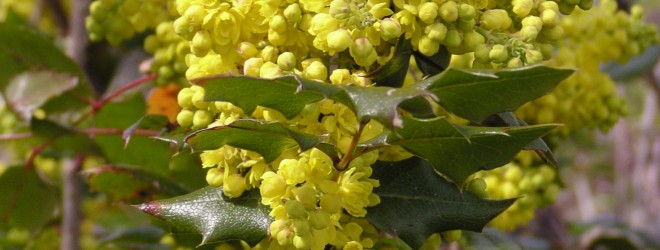
Antibiotic resistance: a herbalist’s perspective (2)
Last week I reviewed the issue of antibiotic resistance, and why unlike the perspective held by government, the medical profession and industry, I do not believe the issue is simply a technical problem that can be solved by finding the latest and greatest drug. Such a fantasy underlies much of what unfortunately motivates us as a species, that what we're looking for is just around the corner, instead of seeing the opportunities all around us. It is this same fantasy that drives drug development, and medical innovation is part and parcel of that which drives the economy, which itself is predicated on limitless, unending growth. The great irony, of course, is that this aspiration of growth is exactly the same as that held by cancer, a disease which is now the leading cause of death in countries such as Canada. But think of the cancer cell for just a moment: ignorant and naive, just a-trying to be the best little cancer cell it can be. It's all a matter of perspective: on the one hand, a … [Read more...]
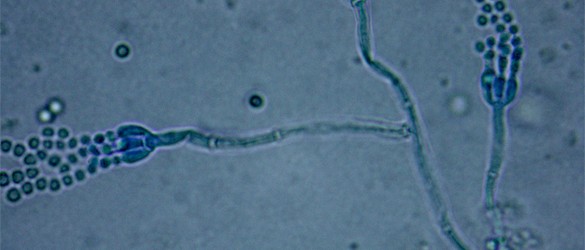
Antibiotic resistance: a herbalist’s perspective (1)
If you have been keeping abreast of science news as of late, you might have come across a recent article published in the journal Nature, which again raises the emerging specter of antibiotic resistance. In a nutshell, antibiotic resistance describes a phenomena in which bacteria that were formerly susceptible to antibiotics are now resistant to them. Antibiotics were developed in the early 1900s, first with the development of the sulfonamides in the 1930s, the penicillins in the 1940s, shortly followed by an ever-growing list of antibiotics, including the tetracyclines, glycopeptides (e.g. vancomycin), metronidazole, cephalosporins (e.g. cefadroxil), and fluoroquinolones (e.g. ciprofloxacin). The development of antibiotics has been hailed as one of the great achievements of modern medicine, but as a herbalist, I have always found the boastful crowing of advocates rather high-pitched, particularly as how I have treated many cases of serious infection using methods that predate Western … [Read more...]
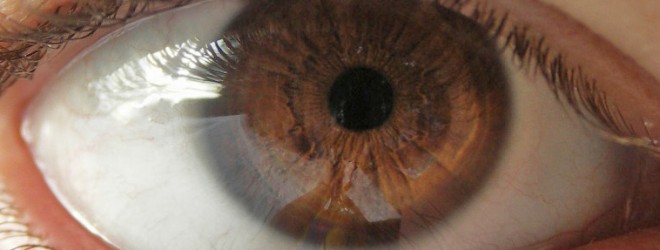
Q&A: open-angle glaucoma?
I have been diagnosed with open-angle glaucoma. What role does pressure play, and how can I attempt to address this issue with natural methods? Ophthamolgists and optometrists measure intraocular pressure through tonometry, a relatively non-invasive procedure that provides a somewhat imprecise measurement, and over the years they have noted a clear association between this build of fluid and observable damage to the back of the eye. The problem is that this association has been confused for causation - so that instead of finding out why the pressure is increased, and how this impacts the really important issue of optic nerve damage, the medical profession has been content to use very powerful medicines such as pilocarpine drops to reduce the intraocular pressure. Unfortunately, this reduction in IOP in the front of the eye has no real impact upon the underlying disease and the more important issue of retinal damage at the back of the eye. It is a treatment that is actually used to … [Read more...]
